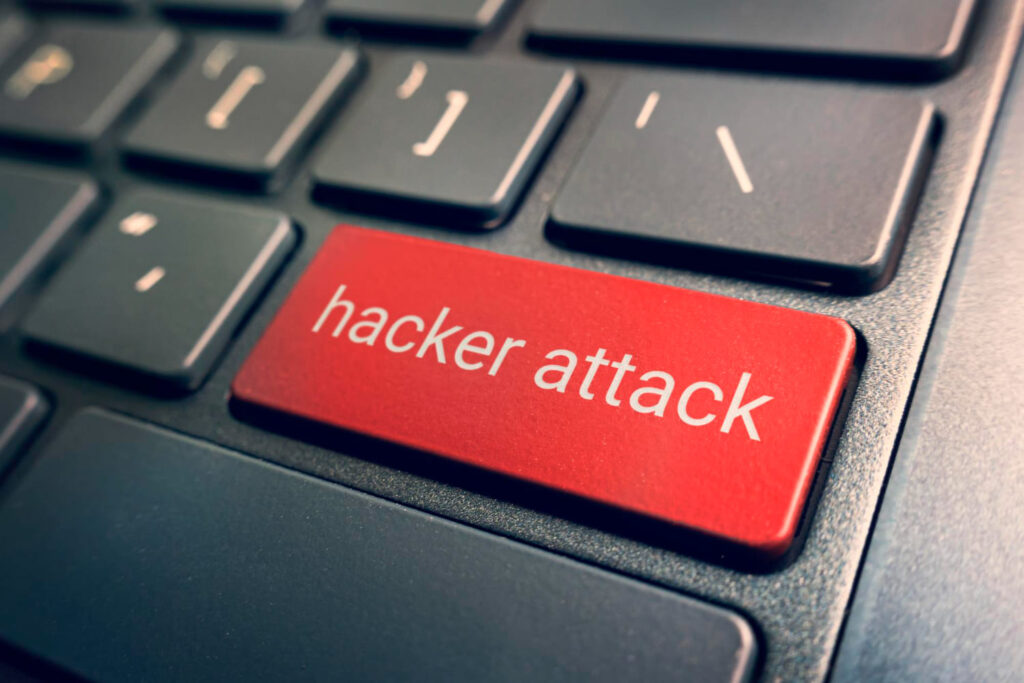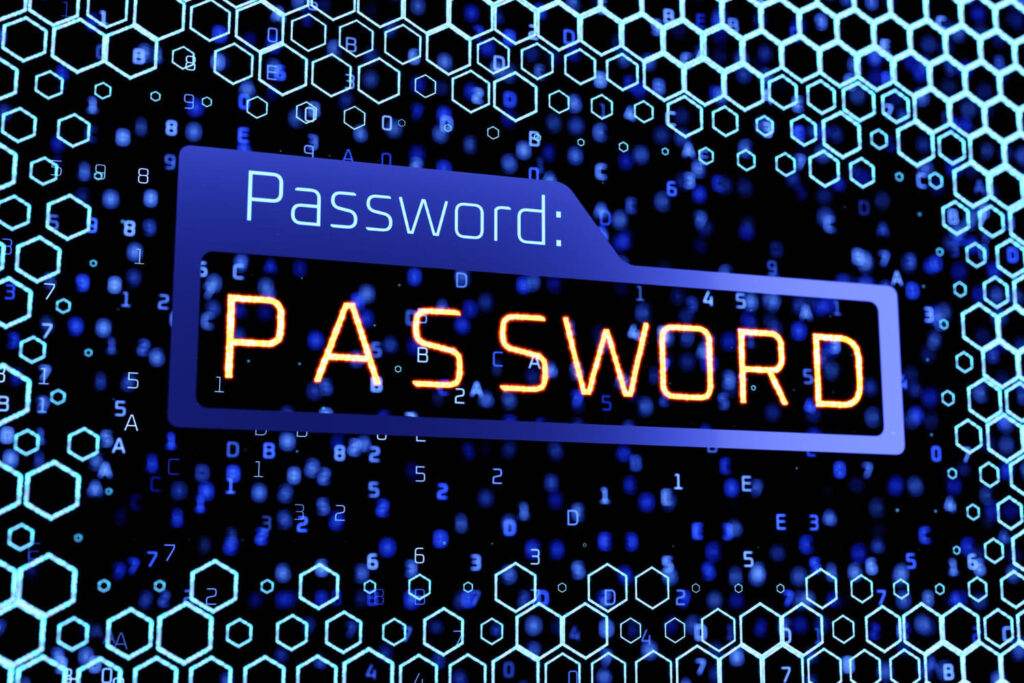Your password is your digital padlock. It safeguards your digital life from the eyes of malicious attackers. In a world where weak passwords are akin to leaving your front door unlocked, understanding the art of strong password creation is important.
A strong password can lead to safer data. Wondering how to craft passwords that are strong enough to keep cyber security threats at bay? Seek insights in our explanation below!
What is a Strong Password?

A strong password is both unique and contains at least 12 characters and complex combinations. It is crafted so that other individuals or automated programs find it hard to guess.
To create a strong password, refrain from using common, easy-to-guess words. Instead, use combinations of uppercase (A-Z) and lowercase (a-z) alphabetic, numeric (0-9) and non-alphanumeric characters (symbols, brackets, etc.).
Opt for creating random passwords using a password generator tool.
How To Choose a Strong Password

Guard your digital data from unauthorized access by choosing a strong password for your accounts. Here are simple tips for choosing it:
- Incorporate passphrases, a long, memorable sequence of words used for enhanced security. This will make it harder for brute-force attacks to succeed.
- Use different passwords for each online account you have.
- Change your password regularly, at least every six months.
How Do Passwords Get Stolen?

Passwords can be stolen in various ways, especially in an era in which malicious actors are becoming more sophisticated. The two most common ways to steal passwords are brute-force attacks and phishing.
Brute Force Attack
Brute-force attacks surged from 40 million per month in 2022 to around 200 million in early 2023. This huge number shows that this attack is a serious cybersecurity threat.
It works by hacking into an account or system using repeated trial-and-error efforts with different passwords or keys, sometimes using personal details to guess passwords.
Phishing Scams
Similar to brute-force attacks, phishing scam accidents surged from 2022 to 2023, totalling around 1.70 billion emails, emphasizing the need for secure passwords.
The scam involves emotional exploitation, where attackers pretend to be trusted entities to trick people into giving away personal info like passwords and credit card numbers, often leading to identity theft and other crimes.
How To Keep a Strong Password Secure

The security effort doesn’t stop at crafting strong passwords; you need to go the extra mile to keep your password secure.
Don’t Write Your Passwords Down
If you’re sloppy, forget the old-school method of saving your password with pen and paper—bad actors may find it and misuse it for personal gain.
Nowadays, there are many safer alternatives to store your passwords, one of which is using a password manager.
Don’t Reuse Your Passwords
Be more creative—use different random passwords across online accounts. In the case of a website breach, hackers can easily target your other accounts using the same password.
Don’t Share Your Passwords
Never share your password except for urgent scenarios like account recovery, technical support, or other emergency access involving legal matters and medical situations.
After these situations end, change your password immediately and create a new random password using a generator tool.
Use a Password Manager
As mentioned earlier, a password manager is a better, modern alternative to storing your password. You can use services like 1Password, NordPass, Dashlane, Proton Pass, and more.
Frequently Asked Questions
How long should a strong password be?
What characters should I use in a strong password?
What are some common mistakes people make when creating passwords?
Conclusion
Creating a strong password is important in an era where cybersecurity threats are getting more sophisticated. With several efforts, like avoiding weak passwords and keeping them a secret, you will ensure the security of your password.
For enhanced security guards tailored for your business, reach out to Fluxgate now for professional assistance!
